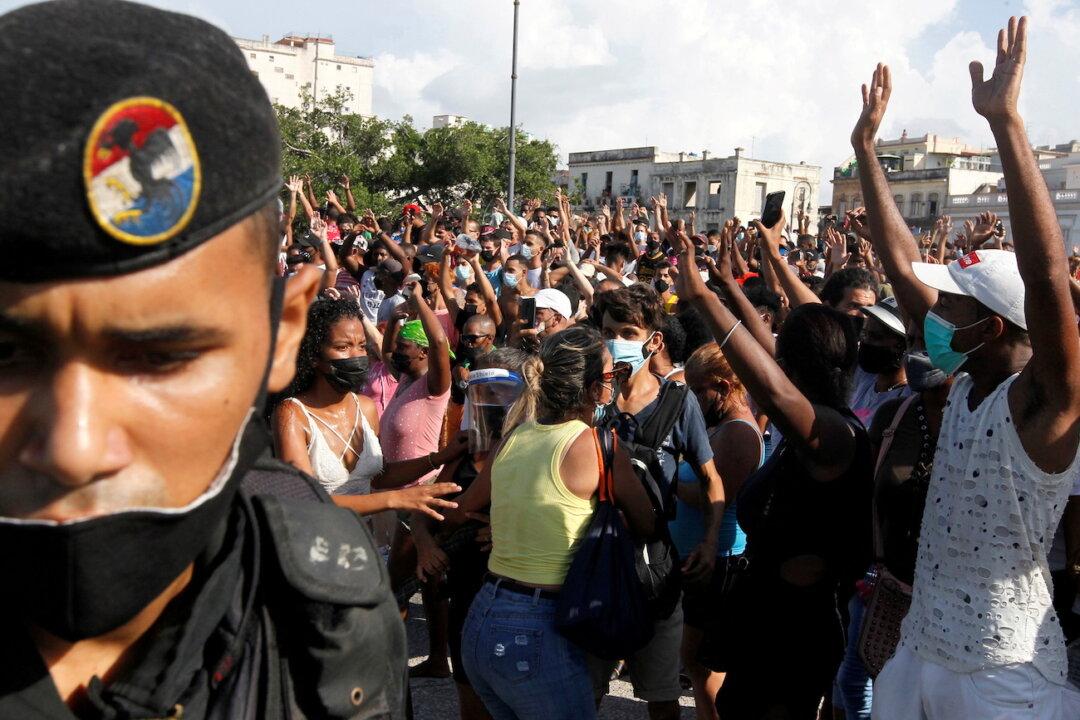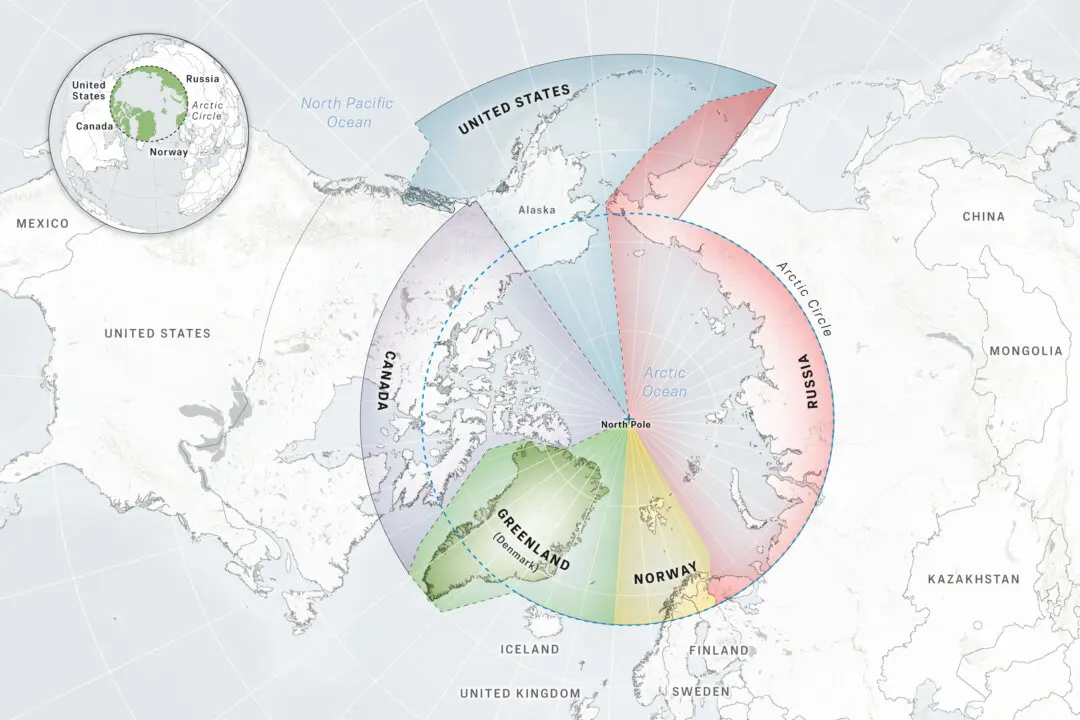Mystery surrounds the deaths of 23 high-ranking military officers within Cuba’s Communist Party who have died since July 2021.
Concurrently, trials continue on the politically embattled island nation for protesters who participated in the landmark anti-government demonstrations last year.





